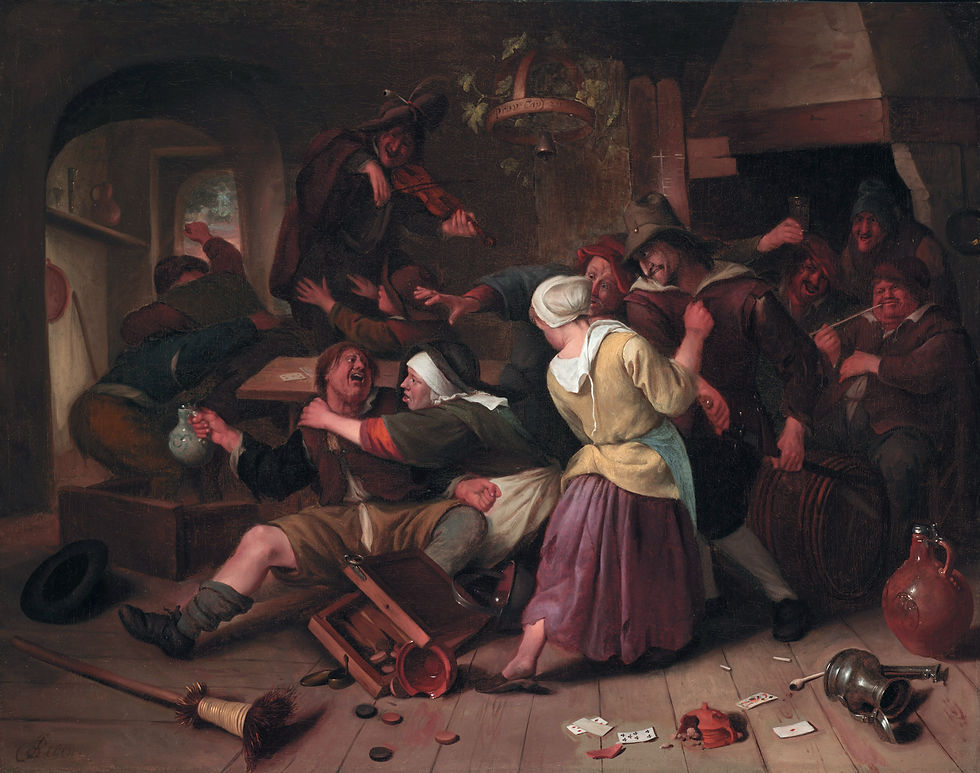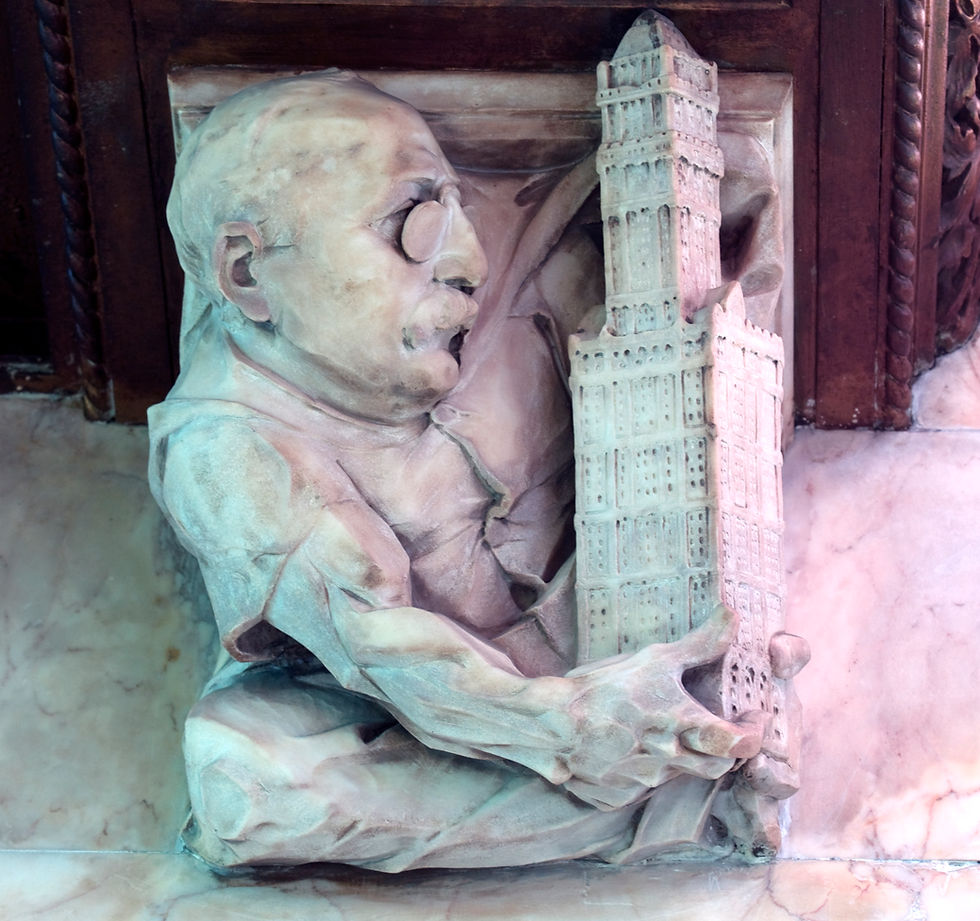Chapter: Citizenship, Immigration, and Boundaries
- Mar 31, 2010
- 2 min read
Updated: Jun 22, 2021

Arash Abizadeh. “Citizenship, Immigration, and Boundaries.” In Ethics and World Politics. Ed. D. S. A. Bell. Pp. 358-76. Oxford: Oxford University Press, 2010.
Abstract: The history of political thought has witnessed at least three models of the individual’s relation to political society: the state sovereignty model of passive subject; the liberal model of rights-bearing citizen, protected by the laws; and the democratic-republican model of active citizen, who participates in creating the laws. According to the two citizenship models, the state’s exercise of political power is legitimate only if the state recognizes everyone subject to its power as equal citizens. Yet the citizen was defined not only in contrast to a mere subject, but the foreigner as well. And once the state attempted to close its territorial and civic boundaries to foreigners, the citizenship models gave rise to a legitimation problem: Border coercion subjects individuals who intrinsically are not recognized as equal citizens to the state’s political power. Two questions arise: Is there an obligation to keep the state’s borders open? and, Who has the right to set a state’s border policy? Many have claimed that liberalism’s emphasis on the inherent freedom and equality of all requires open borders. According to the liberty argument, freedom of movement is a basic human right; according to the equality or justice argument, open borders are necessary to reduce global poverty and inequality, both matters of global justice. Others have replied that there is no human right to free movement, and that there is no global context for demands of justice to arise. Moreover, partisans of the democratic-republican model have typically argued that closed borders are necessary to protect the social, cultural, and political prerequisites of democracy; their critics have argued that, because foreigners are subject to border laws, the democratic-republican model requires granting them a participatory say in setting them. Legitimating boundaries, then, touches on one of political theory’s most fundamental questions: how to legitimate the exercise of political power. Today’s European Union provides a concrete example of liberal democracy’s struggle with this question in relation to boundary laws, and helps to show how the definition of “citizenship” has been complicated in the contemporary world.
Photo: Fleeing Kosovo, Carol Guzy 1999



Comments